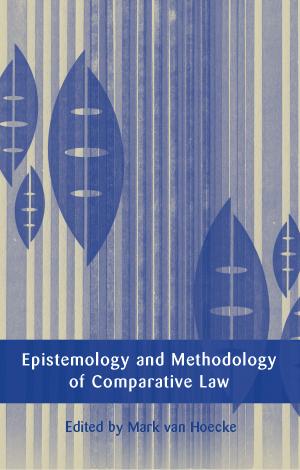
Whereas many modern works on comparative law focus on various aspects of legal doctrine the aim of this book is of a more theoretical kind - to reflect on comparative law as a scholarly discipline, in particular at its epistemology and methodology. Thus, among its contents the reader will find: a lively discussion of the kind of 'knowledge' that is, or could be, derived from comparative law; an analysis of 'legal families' which asks whether we need to distinguish different 'legal families' according to areas of law; essays which ask what is the appropriate level for research to be conducted - the technical 'surface level', a 'deep level' of ideology and legal practice, or an 'intermediate level' of other elements of legal culture, such as the socio-economic and historical background of law. One part of the book is devoted to questioning the identification and demarcation of a 'legal system' (and the clash between 'legal monism' and 'legal pluralism') and the definition of the European legal orders, sub-State legal orders, and what is left of traditional sovereign State legal systems; while a final part explores the desirability and possibility of developing a basic common legal la